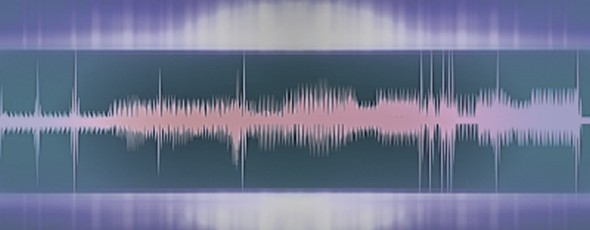Once we’ve experienced the visceral, physical impact of musical sound we never forget it. It’s not about notes on a page or music theory but something we feel in our bones, in our very cells.
In The Power of Music: Pioneering Discoveries in the New Science of Song, I wrote in Chapter 1: Feeling the Sound about my memory of lying under the piano as my father played. I don’t remember what he was playing. But to this day I can feel the vibration of the strings reverberating through my body. When I interviewed musicians for the book, I found out that many of them have the same kind of memory. Those piano strings spark a very primal response.
In The Power of Music, I write about recent discoveries demonstrating that we hear and respond to musical sound and vibration in the womb. We may even come into the world prewired to respond to certain musical intervals –that is, relationships between certain frequencies.
Musicians also have a fascination with the relationship between music—and its foundation, vibration—and the body. I’ve been struck in recent days by the coverage of Björk’s new album and project, Biophilia. The Icelandic musician is exploring how musical sound connects with biology and with nature. Apparently, she’s been fascinated for years with the recent discoveries by neurobiologists and neuroscientists showing how we interact with music.
Björk wants to bring this interactivity alive for her listeners. She’s designed iPad apps allowing users to experiment with musical sound, composing their own creations . They can even make physical gestures and draw the music with special software. She’s created new instruments that make unconventional sounds. For example, she made a “Sharpsichord”—part music box, part harp, part gramophone. A deep sound comes from its rotating barrel. As I wrote, in Feeling the Sound, Chapter 1, there’s really no agreed-upon definition of what music is. But some have settled on saying that it’s “organized sound”. That is, a voice or an instrument that creates regular sound waves is producing musical sound.
Björk’s Biophilia is a very exciting musical story about the ground-breaking scientific research about music. The science is opening doors to a new understanding of music. Bjork and other musicians, are grabbing the ball and running with it—giving listeners new tools to explore on their own and experience the ways in which music is part of our very being. We’re moving beyond the point of passive listening once we’ve shelled out the money for a concert ticket. I’m convinced it’s a direction that’s inevitable. I’ll write more about this in later blogs. In the meantime, kudos to Björk and other visionary musicians.
Related External Links:









